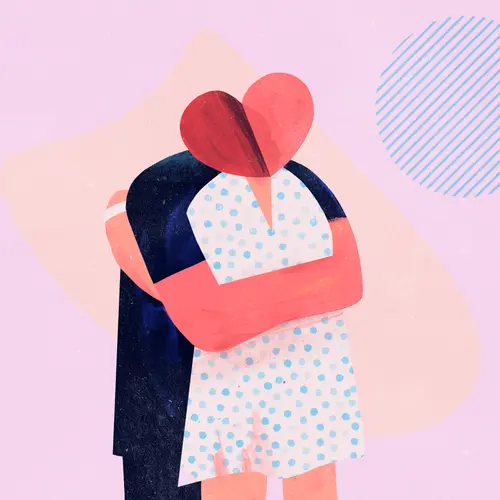It's a question you hear your doctor ask every time they prescribe medicine: What other drugs do you take? They are not just curious. Some meds don't work well if you take them together. The same thing is true of birth control that contains hormones. If you want it to work right, you need to avoid certain medications.
The pill -- and some other types of birth control like the patch, ring, or injections -- usually contain the female sex hormones estrogen and progestin. They stop eggs from leaving the ovaries, so you won't get pregnant. But some meds won't let the hormones do their job. If you take them at the same time as your birth control, you may not have the protection you think you do.
Antibiotics
For the most part, you don't have to worry about taking these drugs. Doctors prescribe them to treat all kinds of infections caused by bacteria, like pneumonia, acne, and urinary tract infections (UTIs). Common antibiotics include penicillin and amoxicillin.
So far, the only antibiotic that studies show interferes with birth control is rifampin (Rifadin), a drug used to treat tuberculosis.
Rifampin causes irregular periods. It raises the risk that you may get pregnant even if you use your birth control the right way.
Apart from rifampin, you're safe to take birth control pills at the same time as antibiotics without also using a back-up method.
Anti-HIV Drugs
Some meds that treat HIV may interfere with the pill. They include:
Other HIV drugs may be OK. Talk to your doctor about what medicine is best for you.
Anti-Fungal Medications
The two main ones to watch out for are griseofulvin (Gris-PEG) and ketoconazole (Extina, Nizoral, Xolegel).
Griseofulvin is used to treat skin infections like athlete's foot and jock itch. Ketoconazole is mainly used when other anti-fungal medicines aren't available or haven't worked.
Scientists believe the risk of anti-fungal meds affecting your birth control pills is low, so check with your doctor.
Anti-Seizure Drugs
Some of these medications increase the breakdown of the hormones in birth control pills. That could make them less effective. These drugs include:
- Carbamazepine (Carbatrol, Epitol, Equetro, Tegretol)
- Felbamate (Felbatol)
- Oxcarbazepine (Trileptal)
- Phenobarbital (Luminal)
- Phenytoin (Dilantin, Phenytek)
- Primidone (Mysoline)
- Topiramate (Topamax)
Be sure to use another form of birth control (like an IUD, a diaphragm, or a condom) if you take anti-seizure medication.
Birth control medication that contains estrogen will interfere with how well anti-seizure drugs work. Let your doctor know what you're taking.
Modafinil (Provigil)
This is a stimulant usually used to treat the symptoms of sleep disorders like narcolepsy and sleep apnea. Studies show it lessens the effectiveness of the pill. Use another form of birth control while you're on modafinil (Provigil), and for a month after you come off it.
Herbal Remedies
A number of these don't mix well with birth control pills. Some that you should avoid:
St. John's wort. Some people use it to treat mild to moderate depression and sleep disorders. A study shows that women who took birth control pills and St. John's wort at the same time had higher rates of breakthrough bleeding and an increased breakdown of estrogen in their bodies, signs that the contraceptives might not work as well as they should.
Other herbal remedies that may affect how well your birth control pills work are:
- Saw palmetto. Some people have tried it for hair loss.
- Alfalfa. It's used for kidney, bladder, and prostate problems.
- Garlic pills. Some people take these for high blood pressure, high cholesterol, and other heart and blood diseases.
- Flaxseed. This is used for digestion problems like severe constipation and irritable bowel syndrome.

